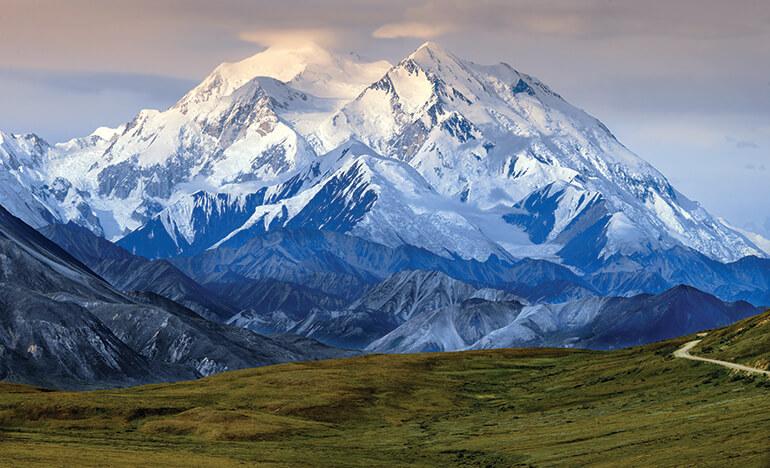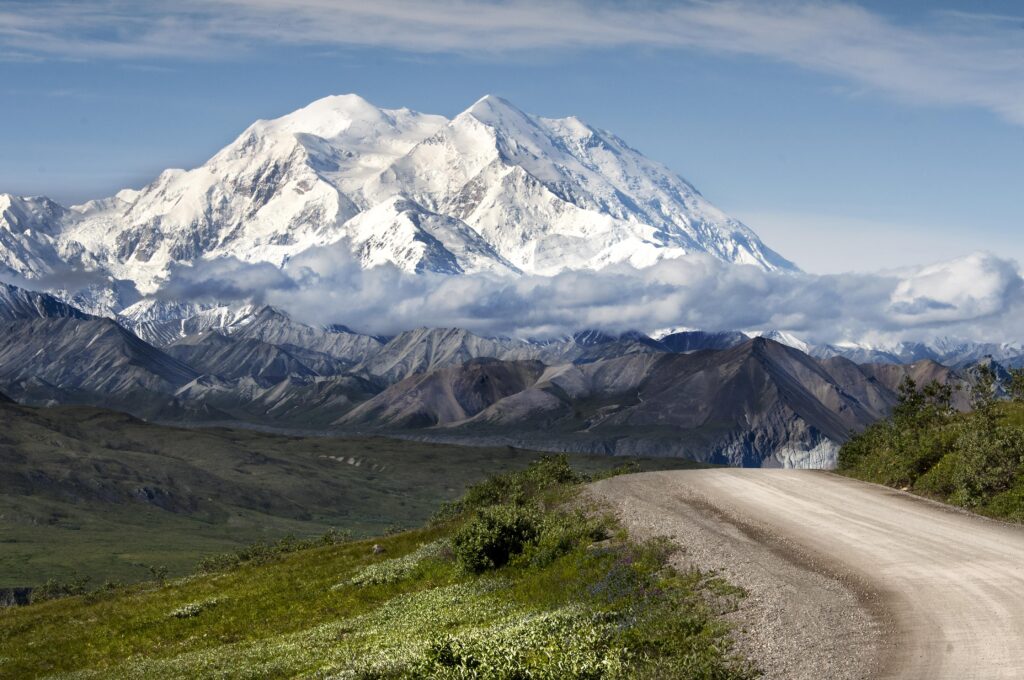In the rugged heart of Alaska, where wilderness meets political ambition, a mountain stands as a silent witness to yet another chapter of presidential bravado. Denali, the towering sentinel of North America’s landscape, finds itself at the center of a nomenclature battle that echoes the unpredictable nature of contemporary American politics. As former President Donald Trump sets his sights on reclaiming the mountain’s name, the geological giant becomes more than just a geographic landmark—it transforms into a symbolic battleground of presidential ego and historical revisionism. In a bold and controversial statement that echoes his trademark provocative political rhetoric, former President Donald Trump has pledged to revert North America’s highest peak back to its historical name, Mt McKinley, challenging the current official designation of Denali.
The mountain, standing majestically at 20,310 feet in Alaska’s wilderness, was renamed Denali in 2015 by President Barack Obama, honoring the traditional Native Alaskan name. Trump’s announcement suggests a direct challenge to that decision, reigniting a long-standing naming dispute that intertwines cultural heritage with political symbolism.
Supporters of Trump’s proposal argue that the mountain should maintain its connection to President William McKinley, while Native Alaskan communities and environmental advocates strongly oppose any reversal of the Denali name. The name change represents more than a geographical nomenclature—it symbolizes recognition of indigenous cultural identity and historical significance.
Trump’s statement has sparked immediate reaction across political spectrums. Conservative lawmakers from Ohio, McKinley’s home state, have expressed support, viewing the potential renaming as a restoration of historical tribute. Meanwhile, Alaska’s indigenous groups have vehemently criticized the proposal as a disrespectful attempt to erase native cultural recognition.
The mountain’s complex naming history reflects broader tensions surrounding cultural representation and historical interpretation. Originally known as Denali by local Koyukon Athabascan people for generations, the peak was renamed Mt McKinley in 1917, despite having no direct connection to the 25th president beyond political opportunism.
Legal and bureaucratic challenges would likely accompany any attempt to officially rename the mountain. The 2015 federal decision involved extensive consultation with native communities and geographical authorities, making a unilateral reversal potentially complicated.
Political analysts view Trump’s announcement as another strategic move to energize his base and challenge progressive cultural shifts. By positioning himself as a defender of historical nomenclature, he continues to appeal to conservative constituencies who perceive recent cultural changes as erosive to traditional American narratives.
The potential renaming remains a complex issue involving historical perspectives, cultural sensitivity, and political maneuvering. As debates continue, the mountain itself remains an unchanged, magnificent testament to natural grandeur, standing indifferent to human political disputes.
Geological experts and cultural historians continue to monitor the developing situation, recognizing that mountain names often represent far more than mere geographical markers—they are powerful symbols of cultural identity, historical perspective, and ongoing societal negotiations.
